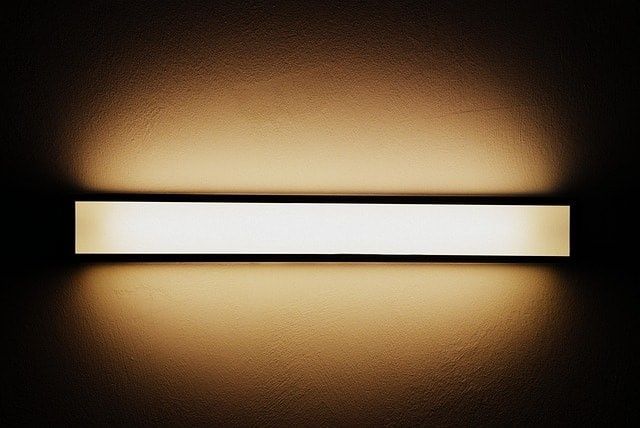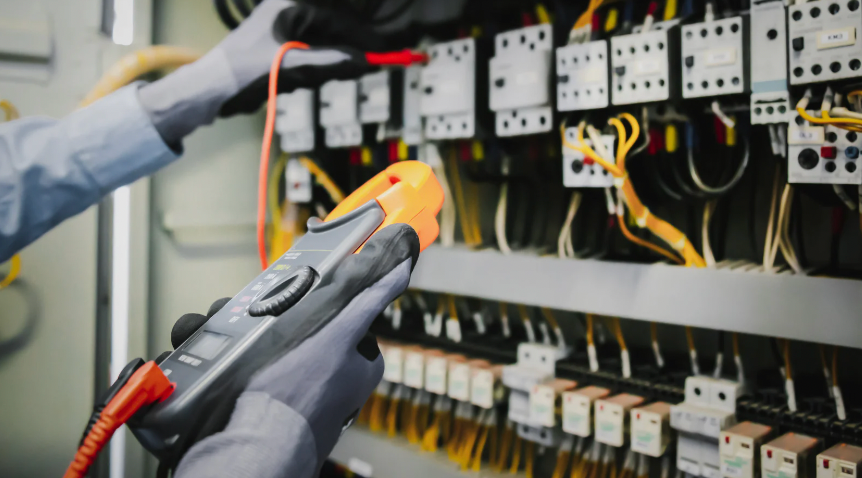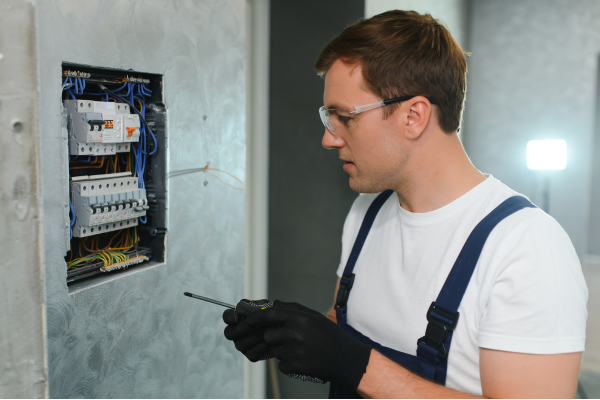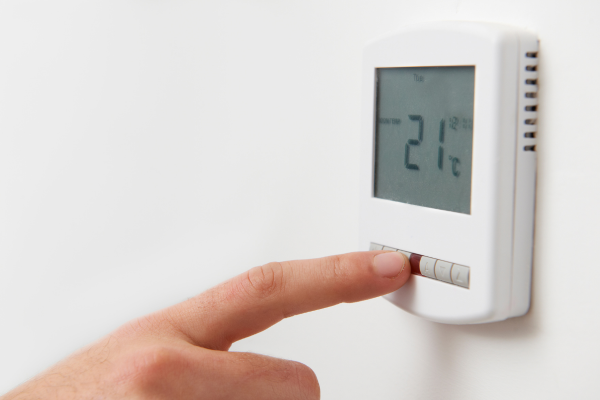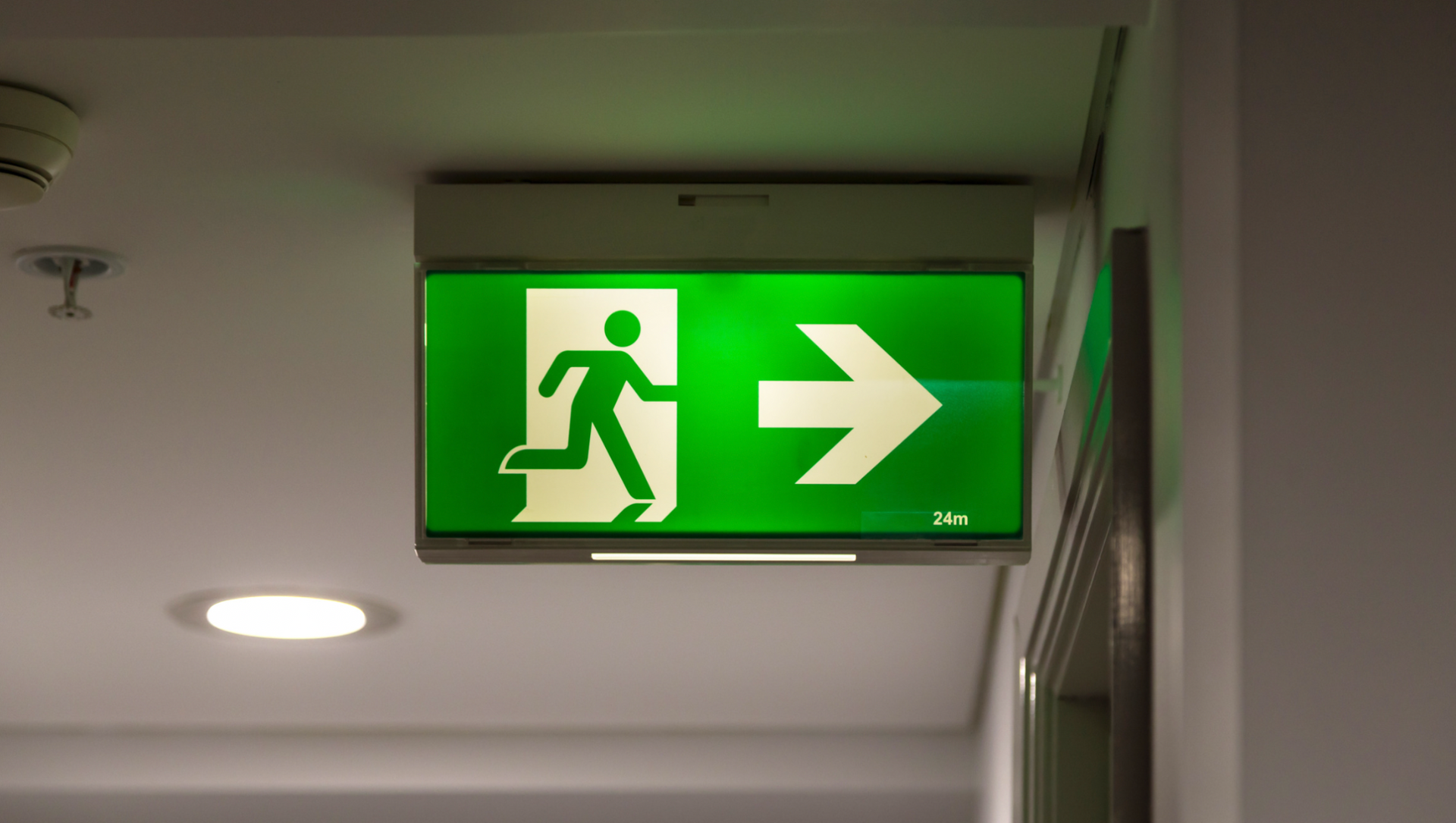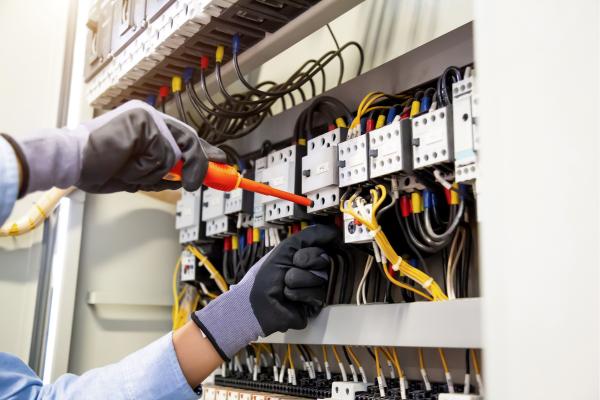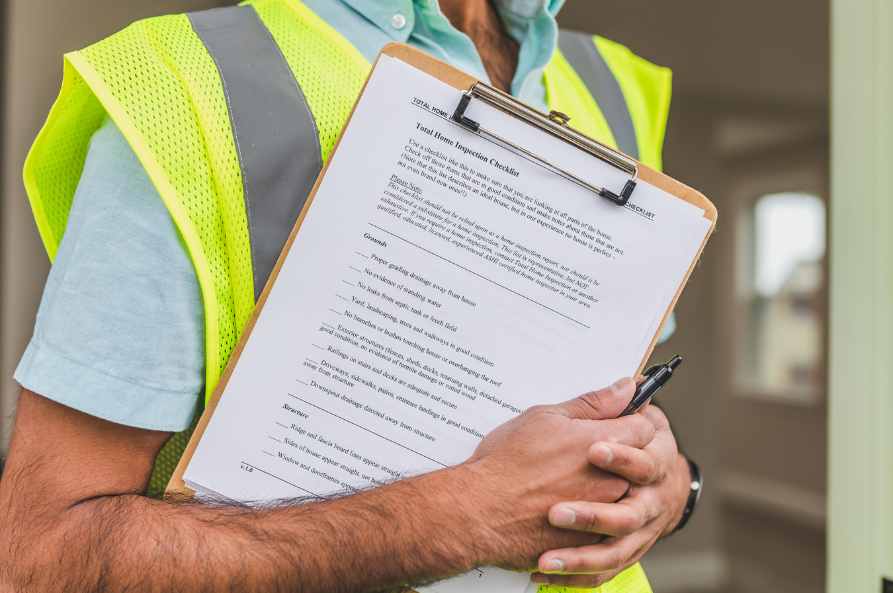How Long Does an EICR Last?
Understanding the lifespan and importance of an Electrical Installation Condition Report (EICR) is crucial for maintaining the safety of your property's electrical systems. This article will explore how long an EICR lasts, its significance, and what factors can influence its validity period. We will also delve into related topics such as legal requirements, obtaining an EICR, and the potential consequences of neglecting a regular periodic inspection.

What is an EICR?
Electrical Safety Reports West London are detailed documents provided after a comprehensive inspection of a property's electrical installation. The report assesses the safety and condition of electrical systems, identifying potential electrical faults and ensuring compliance with electrical safety standards.
Importance of Electrical Safety
Ensuring Safety
Electrical safety is paramount in both residential and commercial premises. Regular EICR inspections help to identify and rectify issues such as faulty wiring, overloaded circuits, and other potential hazards that could lead to electrical shocks, fire hazards, or other serious incidents.
Legal Requirements
An EICR is a legal requirement in many regions, especially for rental properties. Landlords are legally obliged to ensure their properties' electrical systems are safe and up to standard. Failure to comply with these regulations can result in financial penalties and legal consequences.
How Long Does an EICR Last?
Standard Validity Period
The typical validity period of an EICR varies depending on the type of property and its usage. Most residential properties have an EICR valid for up to five years. However, this period can be shorter for certain high-risk environments or properties with more frequent electrical issues.
Factors Influencing EICR Validity
Property Type
The property type plays a significant role in determining how long an EICR lasts. For example, rental properties and commercial premises may require more frequent inspections due to higher usage and potential wear and tear of electrical installations.
Condition of Electrical Systems
The overall condition of a property's electrical systems can also affect the validity period of an EICR. Properties with older or less reliable electrical installations may need more frequent inspections to ensure ongoing safety.
Environmental Factors
Certain environmental factors, such as exposure to extreme temperatures, moisture, or corrosive materials, can accelerate the deterioration of electrical systems. An EICR may be valid for a shorter period to ensure regular monitoring and maintenance.
EICR Requirements for Different Property Types
Residential Properties
For residential premises, it is recommended that an EICR be conducted at least every five years or when there is a change of tenancy. This ensures that the electrical installation remains safe for occupants and complies with current regulations.
Rental Properties
Landlords must obtain an EICR for their rental properties at least every five years. This is a legal requirement to ensure tenants' safety and identify any potential hazards that could pose a risk.
Commercial Premises
Commercial properties, such as offices, shops, and industrial units, may require more frequent EICRs depending on the nature of their operations and the condition of their electrical systems. High-risk environments like petrol stations and swimming pools may require annual inspections.
High-Risk Environments
Certain environments, such as those exposed to extreme temperatures, moisture, or other harsh conditions, may necessitate more frequent EICRs. These inspections help to identify and mitigate potential hazards that could arise from challenging operating conditions.
The EICR Inspection Process
Visual Inspection
The EICR inspection process begins with visually inspecting the property's electrical installations. This includes checking the wiring condition, fuse boards, electrical outlets, and other visible components for any signs of damage or wear and tear.
Testing Electrical Systems
After the visual inspection, the electrician will perform a series of tests on the electrical systems to ensure they function correctly and safely. This includes testing the integrity of electrical circuits, checking for overloaded circuits, and identifying any potential faults.
Reporting Findings
Once the inspection and testing are complete, the electrician will compile their findings into a detailed EICR report. This report will highlight any issues or potential hazards, categorise them based on severity, and provide recommendations for remedial work.
Understanding EICR Ratings
Code 1: Danger Present
A Code 1 rating indicates an immediate danger with a serious safety risk. These issues must be addressed immediately to prevent accidents or hazards.
Code 2: Potentially Dangerous
A Code 2 rating indicates issues that are not immediately dangerous but could become hazardous if left unaddressed. These should be fixed as soon as possible to ensure safety.
Code 3: Improvement Recommended
A Code 3 rating suggests areas where improvements can be made to enhance safety, although they are not currently dangerous. These recommendations can help maintain the long-term safety of your electrical systems.
Further Investigation Required (FI)
If the electrician encounters issues that require further investigation, they will note this in the report. This may involve additional testing or a more in-depth inspection to assess the problem fully.
Importance of Hiring Qualified Electricians
Certified and Competent
Hiring a qualified and competent electrician to conduct an EICR is crucial. Only certified electricians have the necessary skills and knowledge to accurately assess the condition of your electrical systems and provide a valid report.
Ensuring Compliance
Hiring a registered electrician ensures that the EICR is conducted under current regulations and standards, providing peace of mind that your property's electrical systems are safe and compliant.
Consequences of Neglecting EICR Inspections
Potential Hazards
Neglecting regular EICR inspections can lead to undetected electrical issues, posing serious safety risks, including fire hazards and electric shocks. Regular inspections help to identify and address these issues before they become dangerous.
Legal Penalties
Failure to obtain a valid EICR, especially for rental properties, can result in legal penalties, including fines and potential liability for any accidents or injuries due to faulty electrical systems.
Insurance Implications
Without a valid EICR, obtaining or renewing property insurance may be challenging. Insurance companies often require proof of regular electrical installation inspections to ensure the safety and compliance of your property.
Conclusion
Understanding how long an EICR lasts and the importance of regular inspections is crucial for maintaining the safety and compliance of your property's electrical system. Whether you are a homeowner, landlord, or facility manager, investing in regular EICR inspections ensures that your electrical installations remain safe, reducing the risk of potential hazards and legal consequences.
FAQs
How often should an EICR be conducted for residential properties?
For most residential properties, an EICR should be conducted at least every five years or when there is a change of tenancy.
Is an EICR legally required for rental properties? Yes, landlords are legally obliged to obtain an EICR for their rental properties at least every five years to ensure the safety of their tenants.
What factors can influence the validity period of an EICR? Factors such as property type, the condition of an electrical system, and environmental conditions can influence how long an EICR lasts.
Who should conduct an EICR inspection? Only qualified and registered electricians should conduct an EICR to ensure accuracy and compliance with safety standards.
Is an EICR legally required for rental properties?
Yes, landlords are legally obliged to obtain an EICR for their rental properties at least every five years to ensure the safety of their tenants.
What factors can influence the validity period of an EICR?
Factors such as property type, the condition of an electrical system, and environmental conditions can influence the length of an EICR.
Who should conduct an EICR inspection?
Only qualified and registered electricians should conduct an EICR to ensure accuracy and compliance with safety standards.

